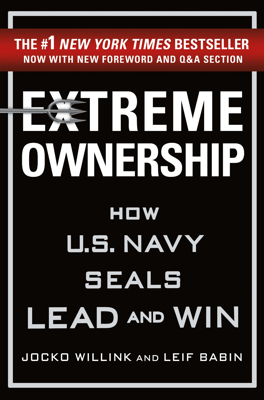Discipline Equals Freedom—The Dichotomy of Leadership
Baghdad, Iraq: The Discipline Transformation
In Baghdad, Jocko Willink describes an operation where his SEAL platoon had to secure and search a building for evidence. Initially, their search method was haphazard and lacked discipline, creating potential vulnerabilities. Under new court requirements, a more structured and disciplined search procedure was developed. This new method involved designated roles for each team member during the search, ensuring systematic collection and management of evidence, which greatly enhanced efficiency and effectiveness.
Principle of Discipline Equals Freedom
Willink articulates that discipline, though it may appear restrictive, actually leads to greater freedom and flexibility. This disciplined approach allowed his team to conduct operations more quickly and efficiently, increasing their capability to execute multiple missions in one night. Willink asserts that discipline in routine actions like waking up early and maintaining equipment translates into operational success and leadership effectiveness.
Dichotomy of Leadership
The chapter outlines various dichotomies a leader must balance: - Confidence without arrogance. - Courage without recklessness. - Firm yet open to input. - Emotional without losing control. - Close to the team but maintaining authority.
Leaders need to manage these balances to avoid veering too far in one direction, which can compromise their effectiveness. Recognizing and maintaining these dichotomies is crucial for effective leadership.
Application to Business
The principle is applied in a business scenario involving the head of a construction company, Andy, facing financial drain from a non-profitable division led by his friend, Mike. Despite personal loyalty, the financial situation necessitated the closure of the division. The discussion illustrates the need for leaders to prioritize overall mission success and maintain financial stability over personal relationships or individual team members. Andy eventually decides to close the division, demonstrating discipline over personal bias, ultimately benefiting the company's broader goals.
This chapter stresses the importance of discipline in both personal conduct and operational procedures, highlighting how effective leadership involves finding the right balance between opposing forces. The disciplined approach not only minimizes risk and enhances efficiency but also ensures the adaptability and effectiveness of the team in dynamic conditions.
